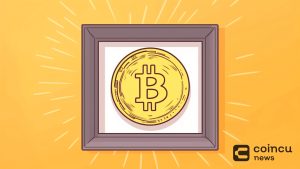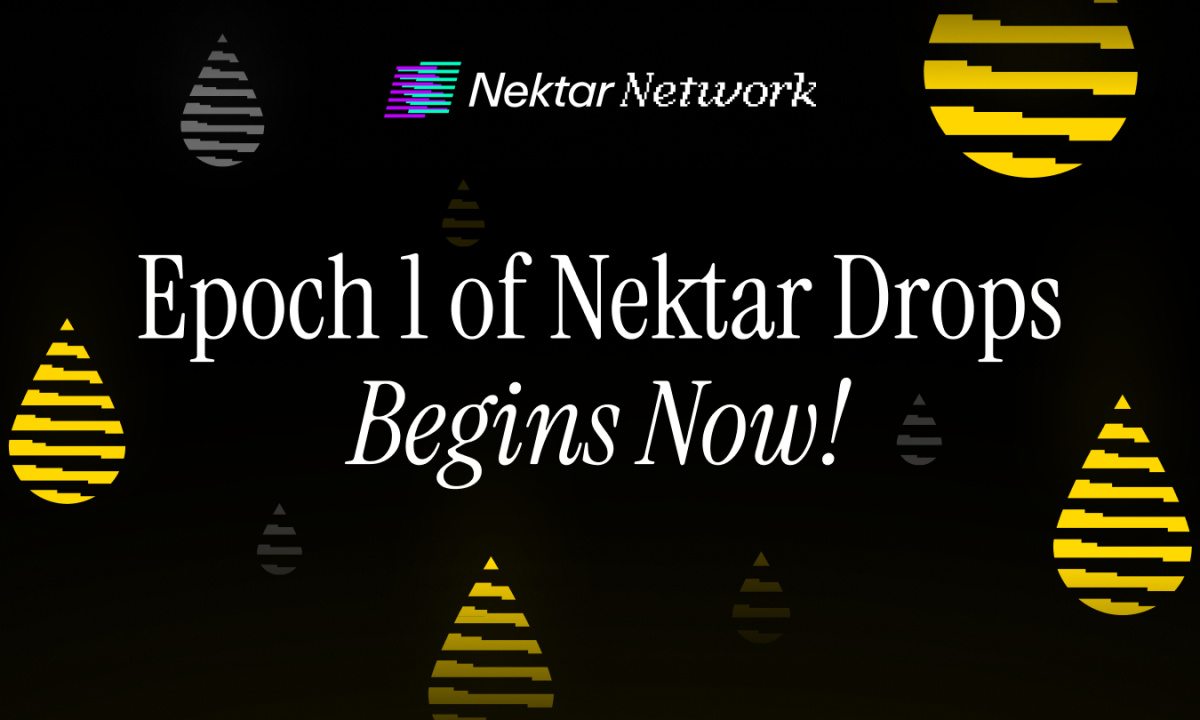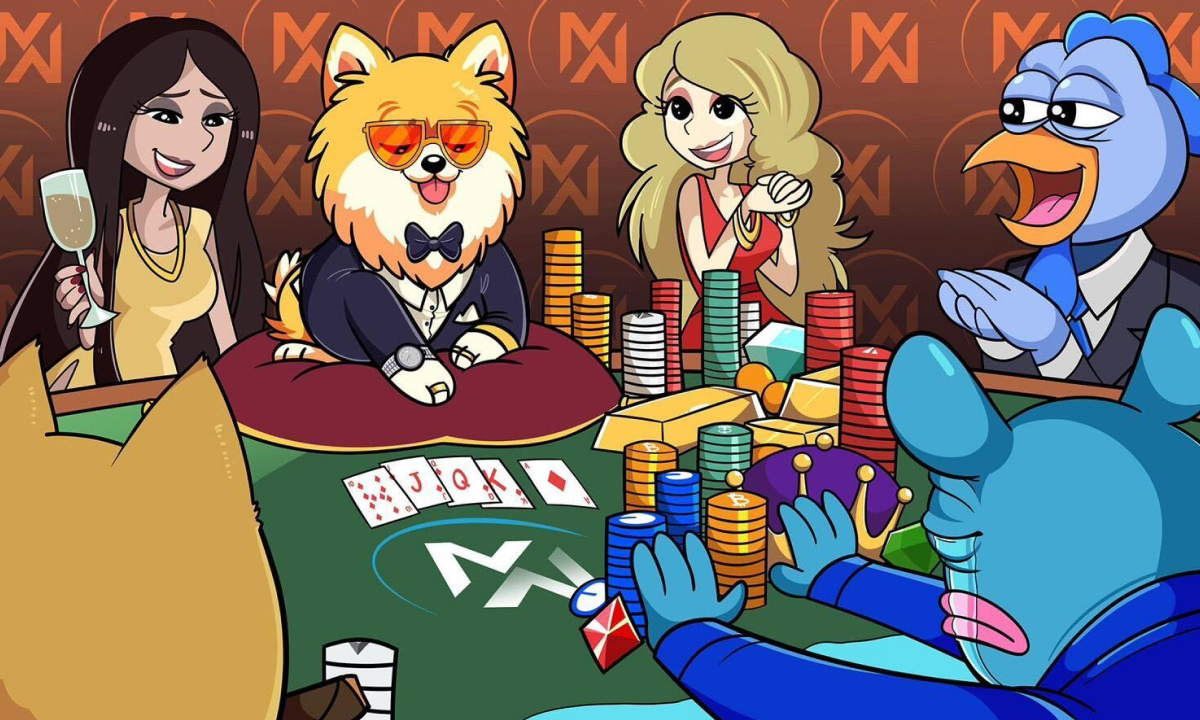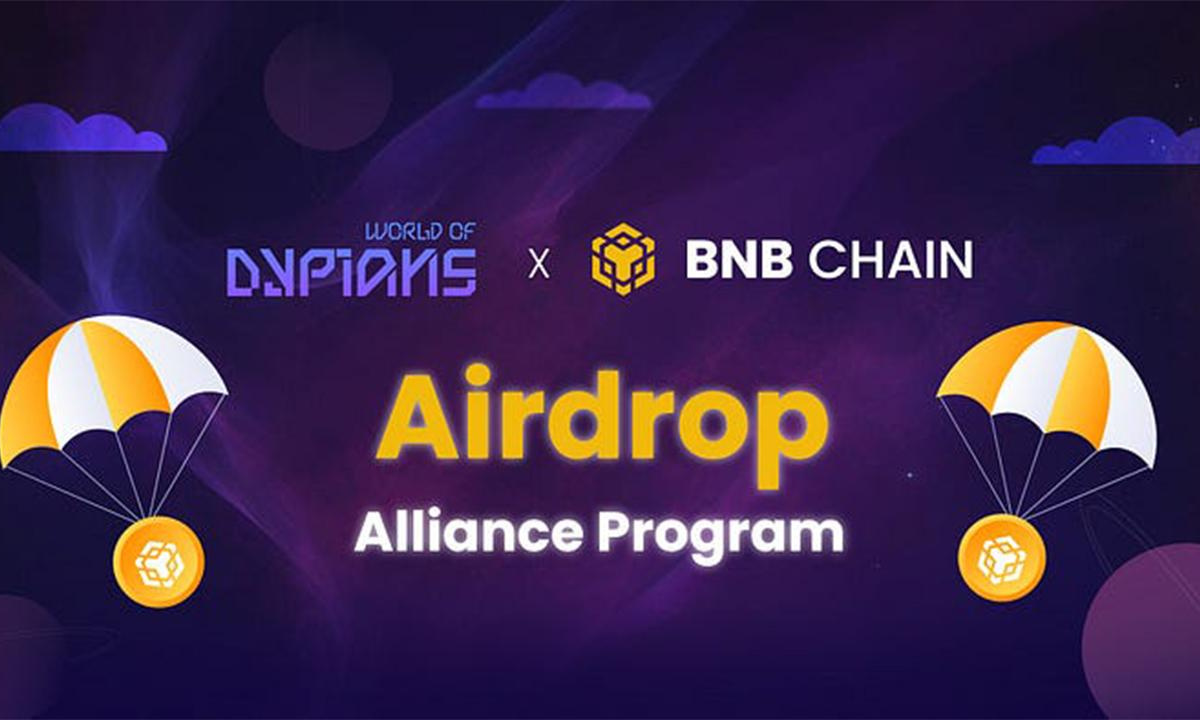Visa Utilizes Solana Blockchain For High-Speed Stablecoin Settlement With 400 TPS
Key Points:
- Visa is expanding its stablecoin settlement capabilities to the Solana blockchain.
- The company is working with Worldpay and Nuvei to settle fiat-denominated payments through live pilots.
- Millions of USDC have already been moved between VisaNet partners over the Solana and Ethereum blockchain networks.
Visa, a global leader in payments, has announced that it is expanding its stablecoin settlement capabilities to the Solana blockchain, working with merchant acquirers Worldpay and Nuvei.
Through live pilots with issuers and acquirers, millions of USDC have already been moved between VisaNet partners over the Solana and Ethereum blockchain networks to settle fiat-denominated payments.
Visa’s treasury and settlement systems enable clearing, settlement, and movement of billions in transactions a day, making sure the correct amount in the preferred currency is received from the issuer and sent to the acquirer.
Visa has been testing how USDC could be used inside its treasury operations, which led to a pilot with Crypto.com, one of the first major payments networks to test stablecoin settlement on the issuance side.
As Visa looked to expand this capability to additional clients, there has been significant demand to leverage newer, high-performance blockchains that can send and receive stablecoins with higher speed and lower costs.
For these reasons, Visa chose to add support for Solana, making it one of the first major payments companies at scale to directly utilize Solana for live settlement payments between its clients. The Solana blockchain sees 400 millisecond block times, averages 400 transactions per second (TPS) and typically surges to more than 2K TPS across a variety of use cases during periods of peak demand.
Visa’s work with Worldpay and Nuvei represents a significant stride in the direction of digital currencies. Visa’s USDC settlement capability enables Worldpay to bring more of its treasury operations in-house, allowing it to offer merchants more choices for receiving funds.
DISCLAIMER: The Information on this website is provided as general market commentary and does not constitute investment advice. We encourage you to do your own research before investing.




















